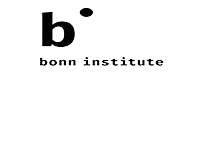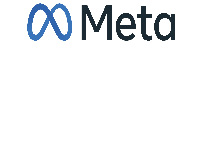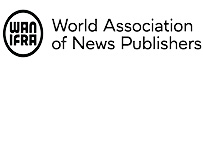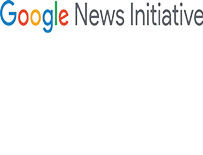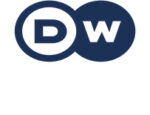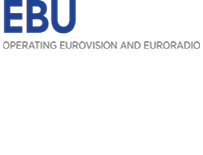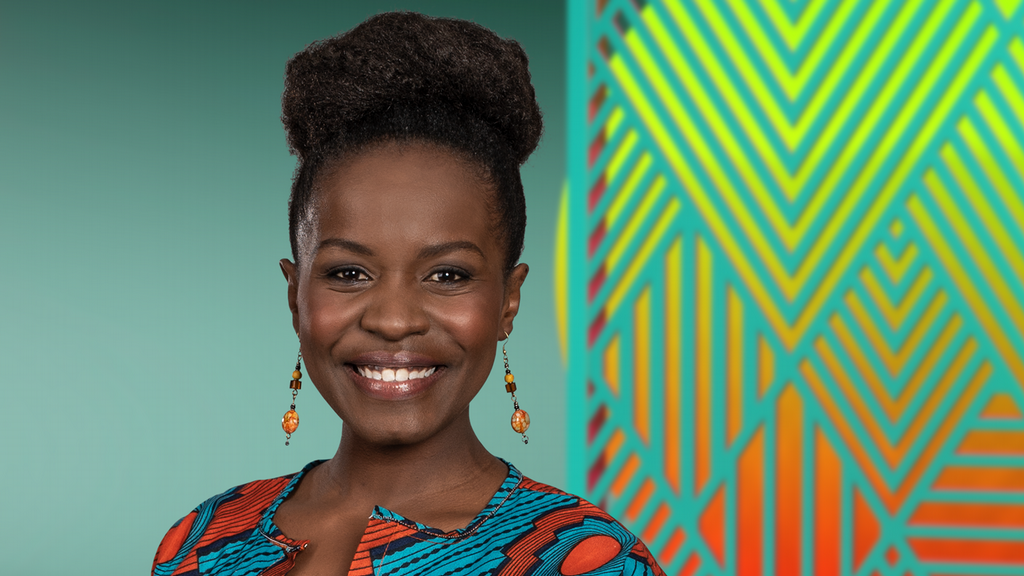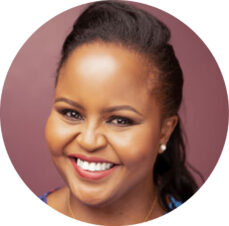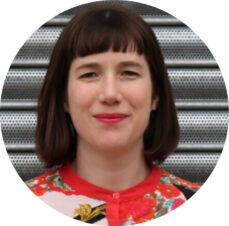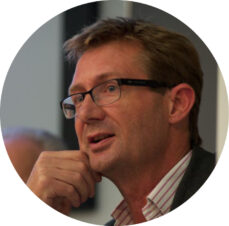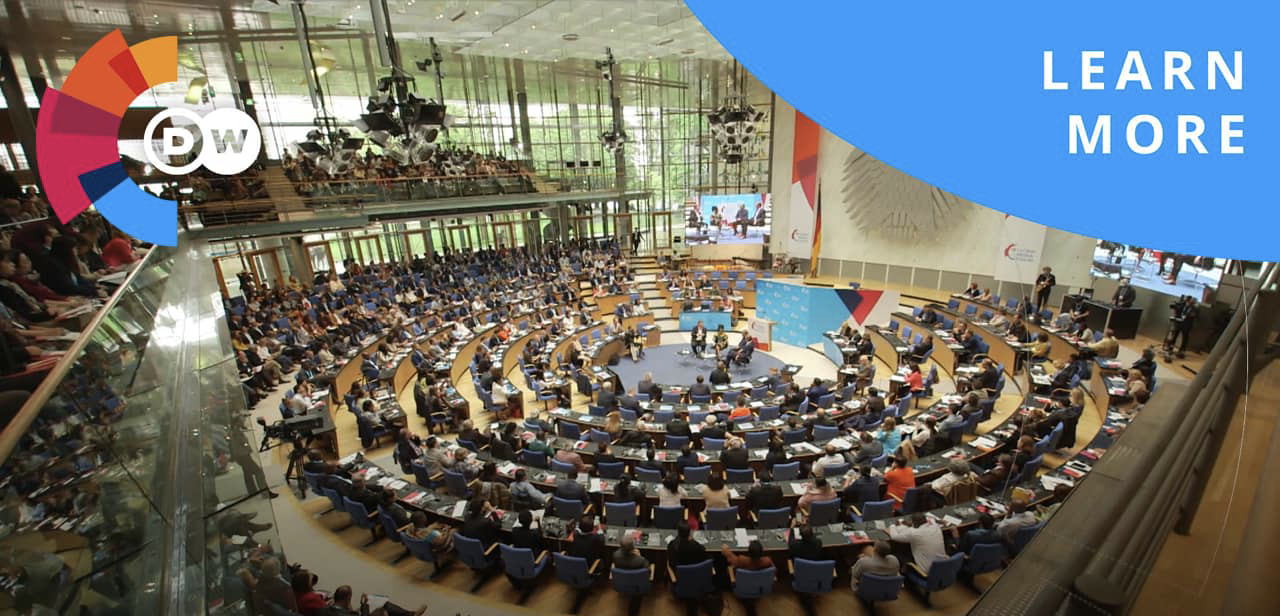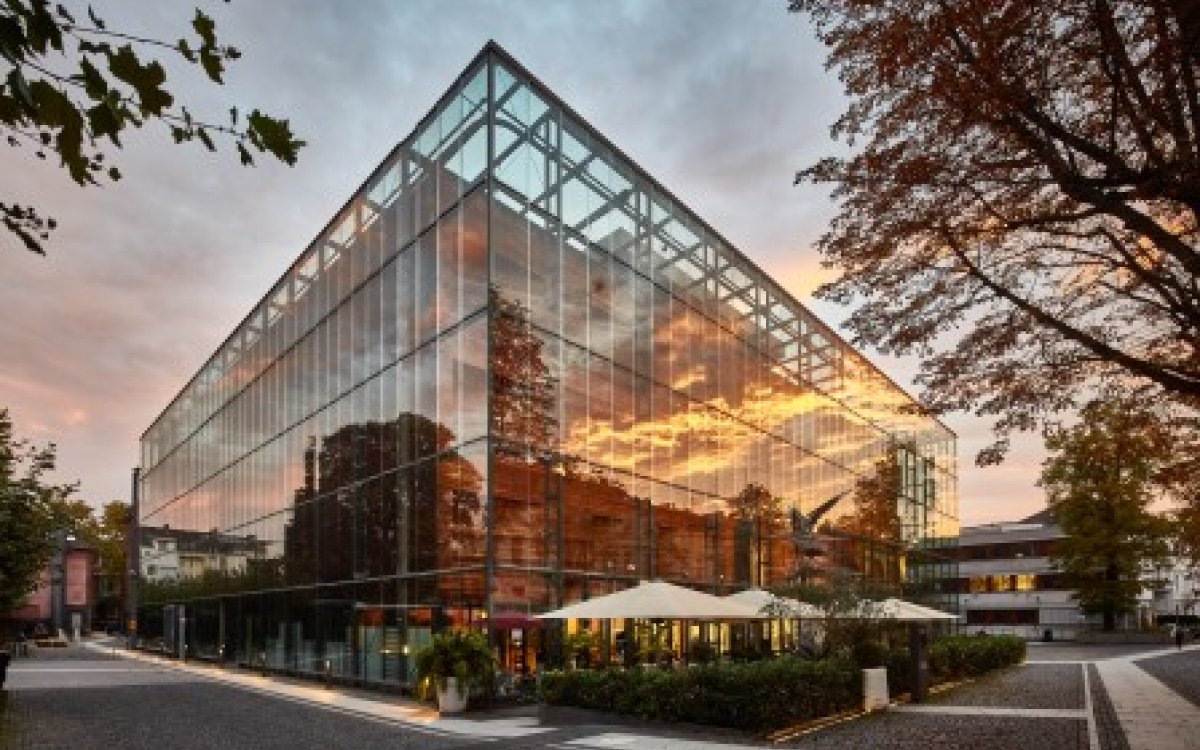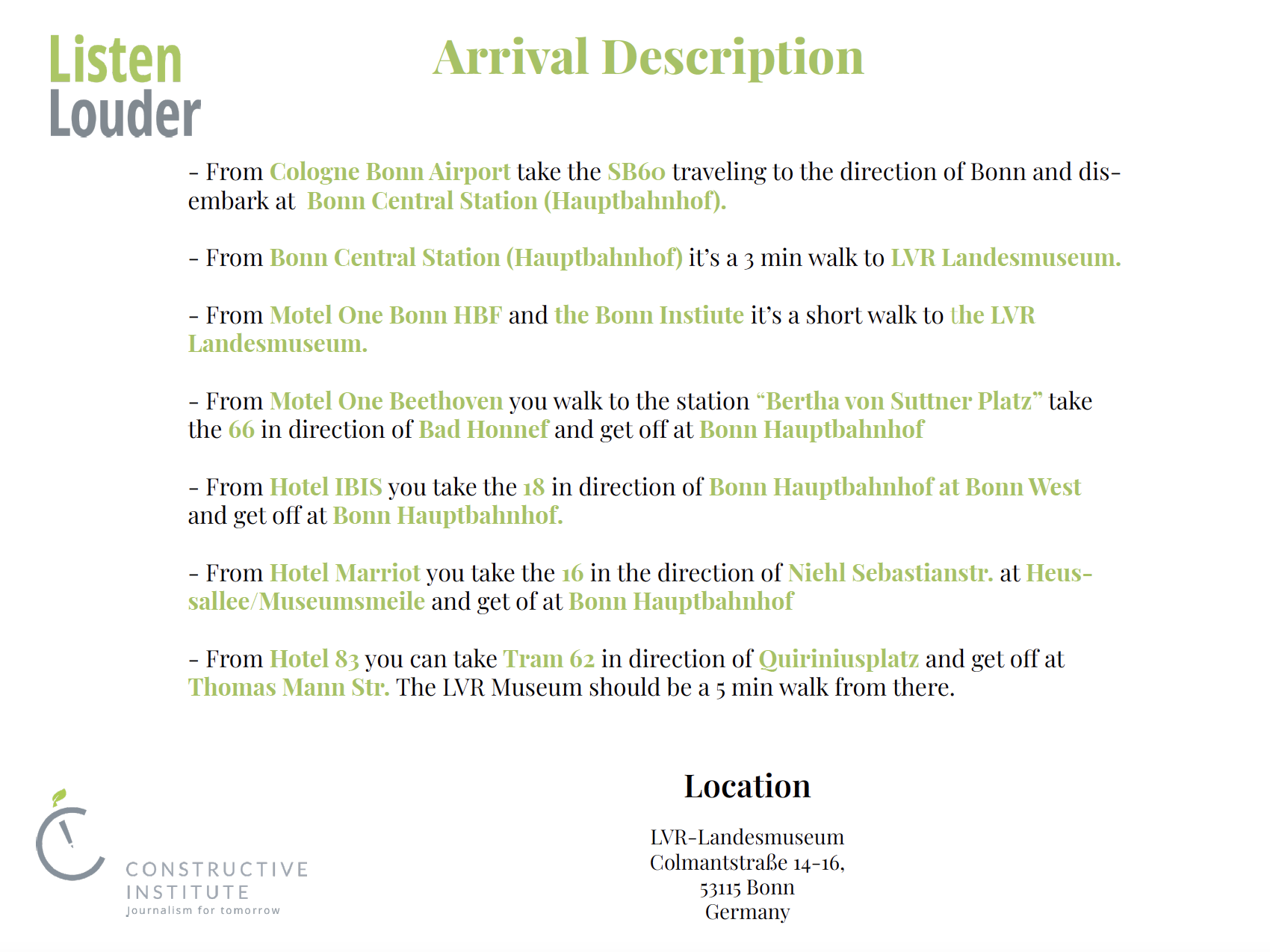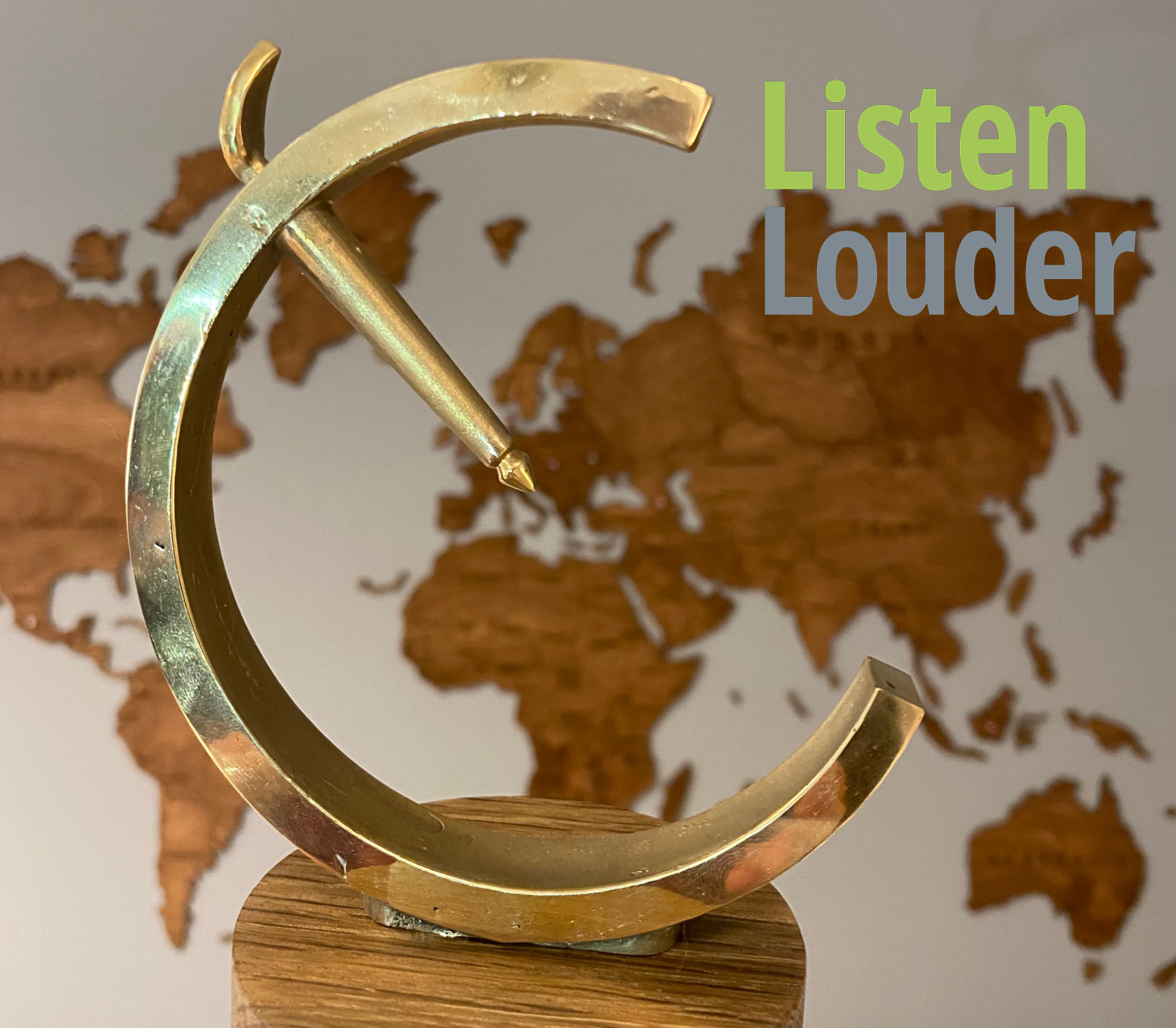Listen Louder – Bonn, Germany
It’s time we began to “Listen Louder”
As polarization becomes the next pandemic, journalists need to listen louder. Listen to the audience, asking us to provide truth and understanding. Listen to best practices of innovative journalists, rethinking the role of news reporting at a time of eroding trust in democracy, media and politics.
Join us for free and help us find the answers to questions such as:
- How can journalists be moderators of the public conversation?
- What can journalism learn from other professions: the marriage counsellor, the hostage negotiator and the psychology professor?
- How can we create dialogue in a room of conflict, and not dig ditches deeper?
- How do we cover war and conflict constructively?
- How can news media combat climate fatigue?
… and much more!
Tuesday June 21st
A welcome drinks for participants of the conference. Address: “THE 9th” (Sandkaule 9-11, 53111 Bonn)
Please register here: welcome@bonn-institute.org (limited availability, first come first serve)
CONFERENCE PROGRAM
Wednesday June 22nd
Doors open at in the lobby of the LVR-Landes Museum Bonn. Coffee and pastries to start the day!
CEO of the Bonn Institute, Ellen Heinrichs and CEO of Constructive Institute, Ulrik Haagerup, open the conference.
This year the Nobel Peace Prize went to two journalists whose work “is a precondition for democracy and lasting peace”. We will learn about the role of journalists in promoting peace rather than conflict and also the central importance of listening to one another.
The Nobel Peace Center stresses dialogue as a key ingredient for peaceful societies, they have explored this in their book inspired by Nobel laureates, “Those Who Listen Change The World”. In the words of Nelson Mandela “The best weapon is to sit down and talk”.
When covering a severe conflict such as the war in Ukraine does it make sense to talk about constructive journalism? Is there space for nuance in such a scenario? Should we just use journalism to talk about horror or do we also need to talk about hope?
Moderator
Wanjiku Mwaura, Multimedia journalist, Deutsche Welle
Speakers
Nathalya Gumenyuk, Journalist & Co-founding director, Public Interest Journalism Lab
Mads Nissen, Photographer & World Press Photo 2021 Winner
Matilde Kimer, Russia and Ukraine Correspondent, Danish Broadcasting Corporation
The changing climate is one of the biggest stories of our time but journalists have struggled to convey an issue with such a gradual impact and whose consequences lie in tomorrow. Some journalism outlets seek to show the climate as “crisis “, however this may exacerbate climate anxiety and lead to disengagement. How can journalists over come climate fatigue and cover climate change more constructively?
Moderator
Cynara Vetch, Project Lead International, Constructive Institute
Coffee Break
The 2022 Reuters Digital News Report is just out! We will hear about some key research findings. What are the reasons for “selective news avoidance”? How are news organisations attempting counter this? Why are there growing efforts to offer news audiences a sense of hope or personal agency with their coverage?
Speaker
Nic Newman, Senior Research Associate, Reuters Institute for the Study of Journalism, Oxford University
With our Explorer project Constructive Institute has invited leading editors and journalists in Europe to explore innovative ways for journalists to become constructive-conversation leaders in times of rising polarisation. News media need to find new formats for public conversation, new questions, new frame settings. We explore some of these ideas in this panel.
Moderator
Ewen MacAskill, Investigative Journalist and Pulitzer Prize Winner for the Guardian
Breakout Sessions
It is a new role for journalists to act as facilitators of constructive democratic conversation. What can reporters learn from other professions? What skills and experience do a hostage negotiator and a marriage counsellor have that can help journalists promote calm and curious conversation?
Moderator
Ulrik Haagerup, CEO, Constructive Institute
There is growing awareness that local new matters. Local reporting encourages political participation and caters to the needs of communities outside of metropolitan centres. How can local journalists ensure that their vital work benefits the news audiences they serve? Led by insights from the Bonn Institute join a conversation about constructive local reporting.
Lunch Break
The internet has been built on the attention economy, your time is money. Often audiences attention has been captured by shocking and sensational content, virality is not necessarily a marker of quality. What financial incentive structures are there for content which informs users and builds bridges rather than divides? What can tech giants and marketing corporations do to promote journalism which serves society?
Moderator
Ulrik Haagerup, CEO, Constructive Institute
Speakers
John Severinson, Head of Partner Development, Meta
Madhav Chinappa, Director of News Ecosystem Development, Google
Justyna Kurczabinska, Senior Manager of News Strategy & Development, EBU
Konstantinos Papadatos Fragkos, Senior Consultant Quality & Brand Safety, Group M
Kenyan political reporting has been described as “gladiatorial” with the country’s coverage focused on personalities and conflict rather than policies and paths to a better future. Innovative news media start up Debunk Media tried to do something different. We learn about their #PresidentialSeries where they took a thoughtful and nuanced approach to featuring Kenya’s presidential candidates.
We hear why Editors across Europe are implementing constructive journalism as a a pillar of their organizations’ editorial agenda.
Moderator
Alexandra Borchardt, Head of Journalism Innovators Program, Hamburg Media School
Magdalene is a feminist news media in Indonesia, an increasingly conservative and patriarchal country. We hear how their newsroom took on the controversial topic of sexual education including religious leaders, parents and teachers in the conversation.
Coffee & Breakout Sessions
Journalists from Constructive Institute’s Explorer project unpack the lessons they have learnt. Practical advice and tools for journalists who wish to facilitate conversation across divisive issues.
If you were to understand the world through photojournalism, you would most likely conclude that the human race is only about war, abuse, famine, and other atrocities. Is there a way to move beyond the shock and awe to incorporate nuance and complexity? Can we cover conflict and suffering differently? In this discussion photojournalists will unpack new constructive frames for the world.
Moderator
Bjarke Calvin, Former Executive Editor of Magnum Photos, Entrepreneur & Fellow at Constructive Institute
Now What and How?
This panel will look at the impact of a journalistic focus on politics and politicians. We will discuss how an emphasis on aggressive pundits and sensational sound bites cripples political conversation, handing the microphone only to loudest and most shocking and drowning out thoughtful analysis. Looking at three new innovative formats of political programming from Northern Europe, we explore how we can escape this toxic cycle and find new ways forward.
Moderator
Ulrik Haagerup, CEO, Constructive Institute
Annual prize for innovative constructive journalism reporting. At a time of increased polarization and ongoing conflicts, our organizations join forces to award the best examples of constructive and solution focused reporting rooted in conflict – which can be global, national, or local based. We look for reporting with a wide range of formats where journalism has shown its capacity of serving excluded communities, including a broad diversity of perspectives, embracing nuances and complexity of a divisive issue, but also bringing agency, hope and dialogue by reporting on responses to the issue and engaging the public in a conversation on potential solutions.
The moderator and host summarise the day and chart a path forward.
Drinks Reception
Participants invited for a farewell drinks and conversation at the Landesmuseum.
CONFERENCE SPEAKERS
The conference will bring together key players with the potential to impact the future of journalism from all over the world.
Amongst others we will be hearing from …
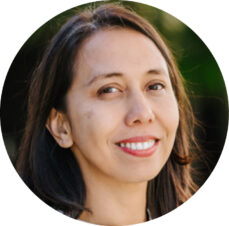
Editor-in-Chief and co-founder of Indonesian women-focused webmagazine Magdalene
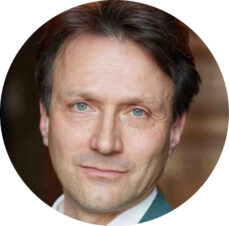
Co-Founder of Oxford Climate Journalism Network. Former Global Chief Operating Officer and President International, Condé Nast
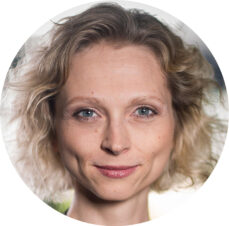
Russia and CIS-Correspondent, Danish Broadcasting Corporation
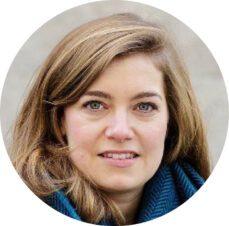
Reporter, NDR – North German Broadcasting/ Public Radio
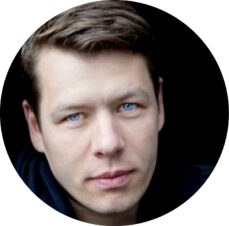
Photojournalist & 2021 Winner of the World Press Photo Award
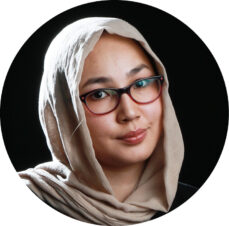
Freelance Photographer
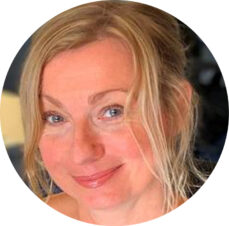
JUSTYNA KURCZABINSKA
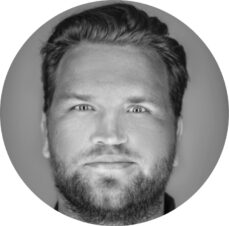
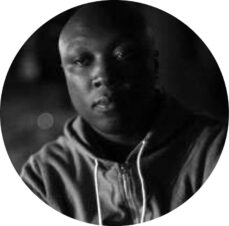
ISAAC OTIDI AMUKE
Writer and Journalist, Debunk Media
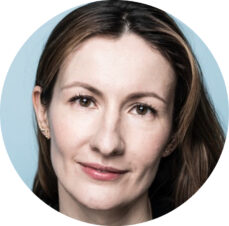
NADIA NIKOLAJEVA
Digital Advisor and Trainer, Navi Media
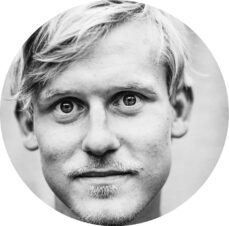
DANIEL RYE
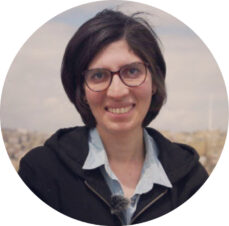
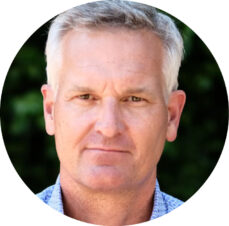
ULRIK HAAGERUP
CEO & Founder, Constructive Institute
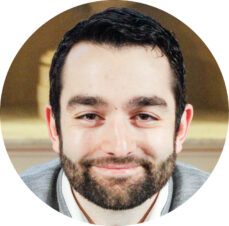
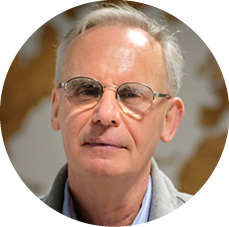
EWEN MACASKILL
Investigative Journalist and Pulitzer Prize Winner for the Guardian.
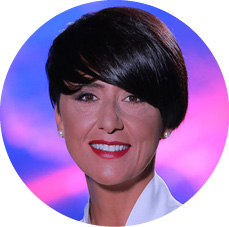
General Director of Georgian Public Broadcaster
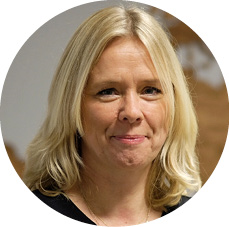
Debate editor at NRK, Norwegian Broadcasting Corporation
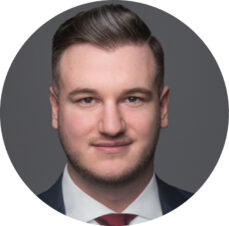
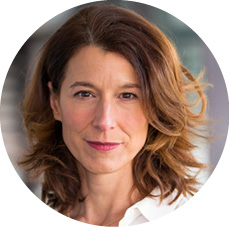
CEO & Founder, Bonn Institute
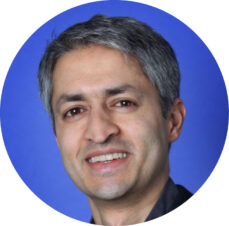
Director of News Ecosystem Development, Google
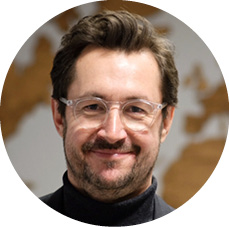
PETER LINDNER
Journalist and former Deputy Editor-in-Chief at Süddeutsche Zeitung
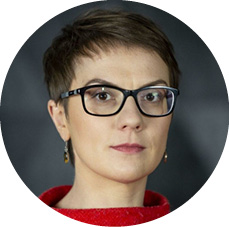
Kyiv-based journalist and founder of Public Interest Journalism Lab
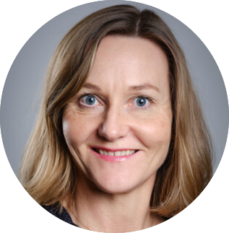
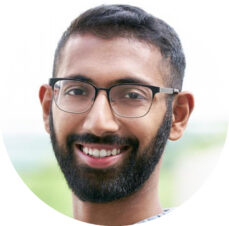
Climate Reporter, Freelance & Deutsche Welle
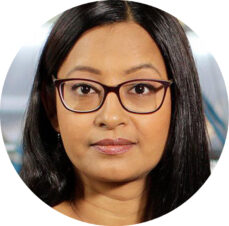
Head of Asia Department, DW
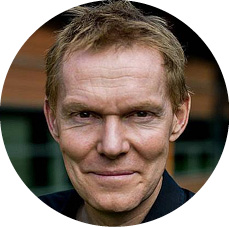
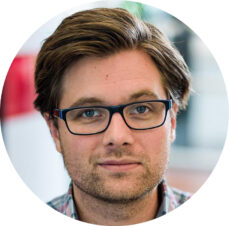
Editorial Director, TV2 Fyn, Denmark
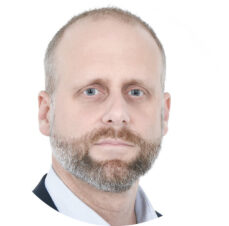
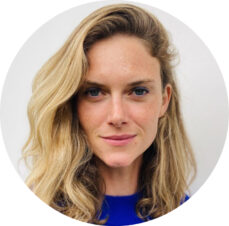
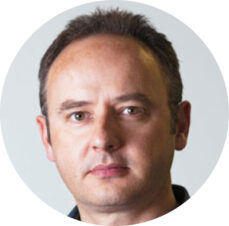
Executive Editor, The Times
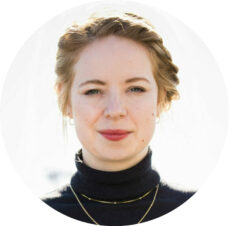
Journalism Training Coordinator, Bonn Institute
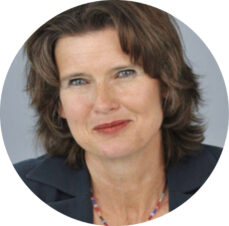
ALEXANDRA BORCHARDT
Journalist, Leadership Professor and Senior Research Associate, Reuters Institute for the Study of Journalism, University of Oxford
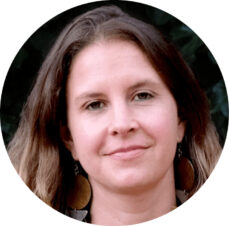
CYNARA VETCH
Project Lead, Constructive Institute
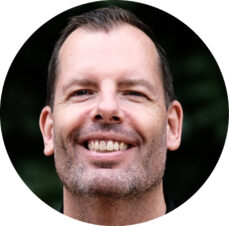
Legal Negotiator, CEO and Owner GUDSØE ApS
Need more reasons to join?
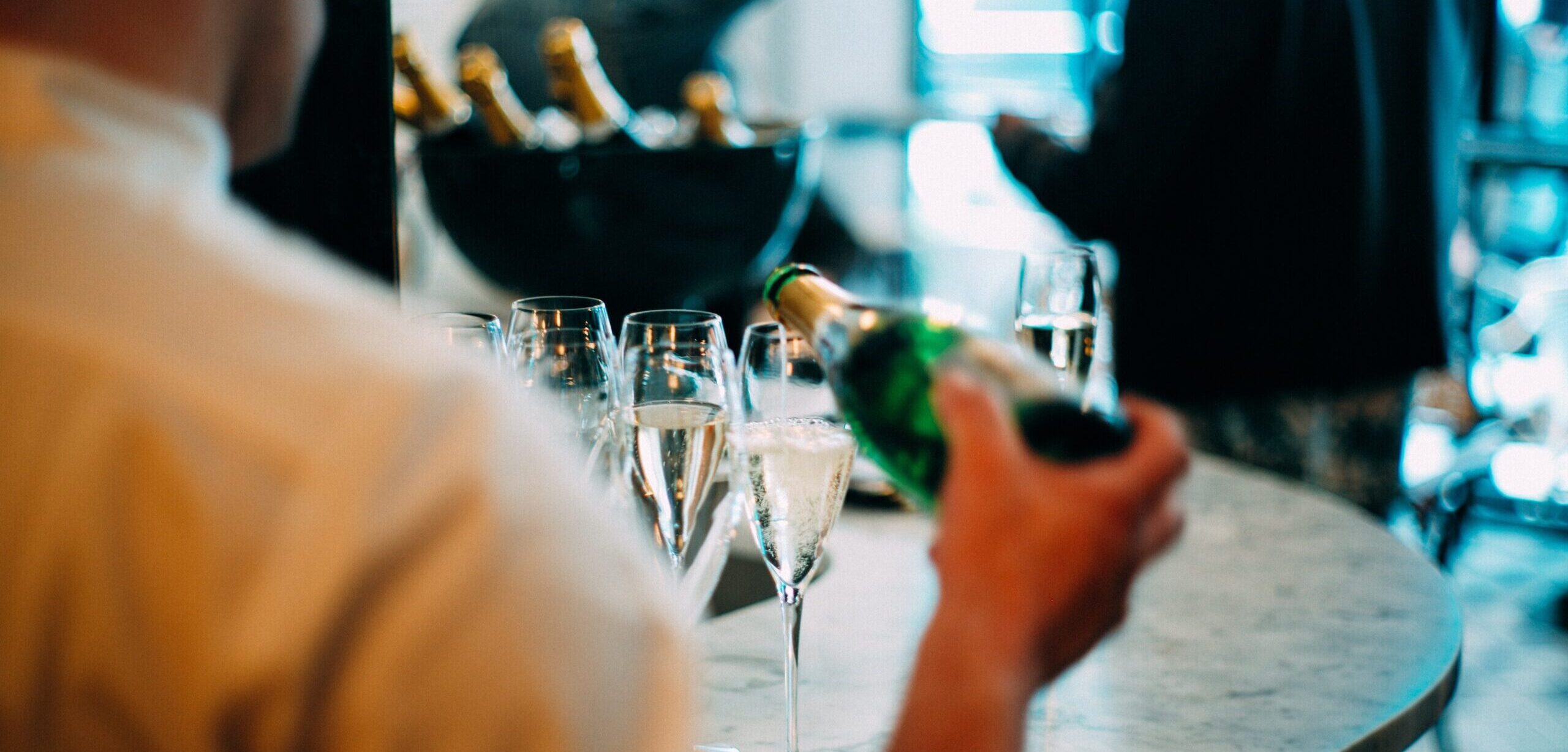
DRINKS RECEPTION THE EVENING BEFORE AT THE ROOFTOP OF THE BONN INSTITUTE FOR SPECIAL INVITES
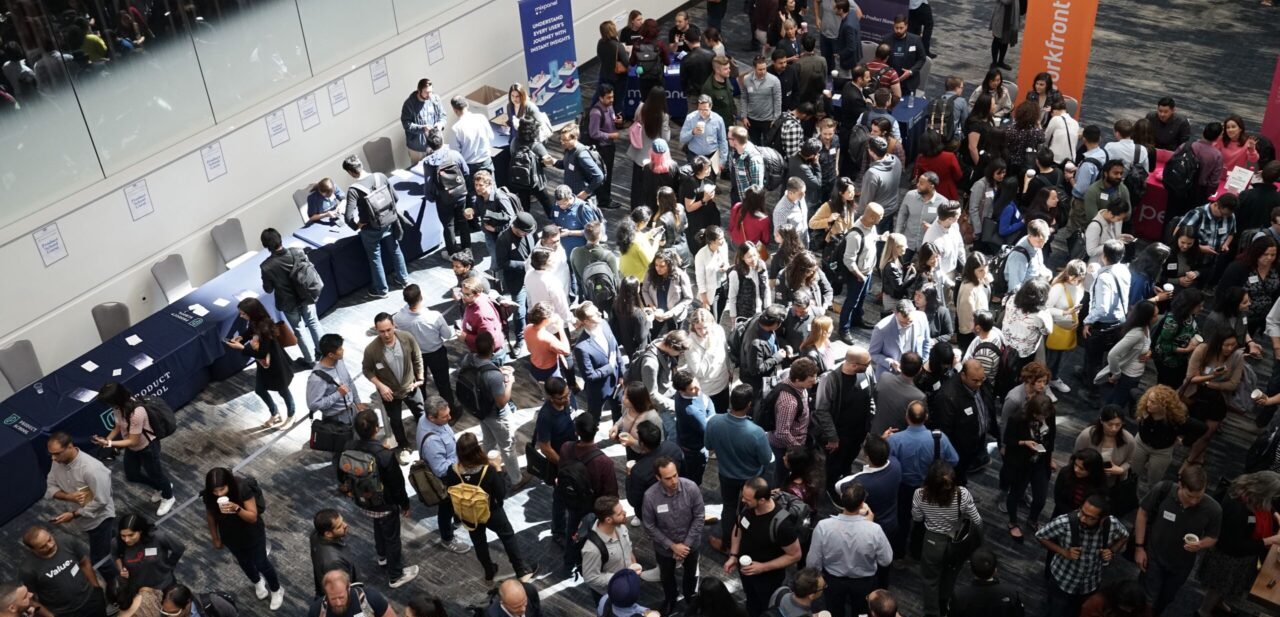
MEET BRILLIANT JOURNALISTIC PROFESSIONALS FROM ALL OVER THE WORLD
Location and Arrival
